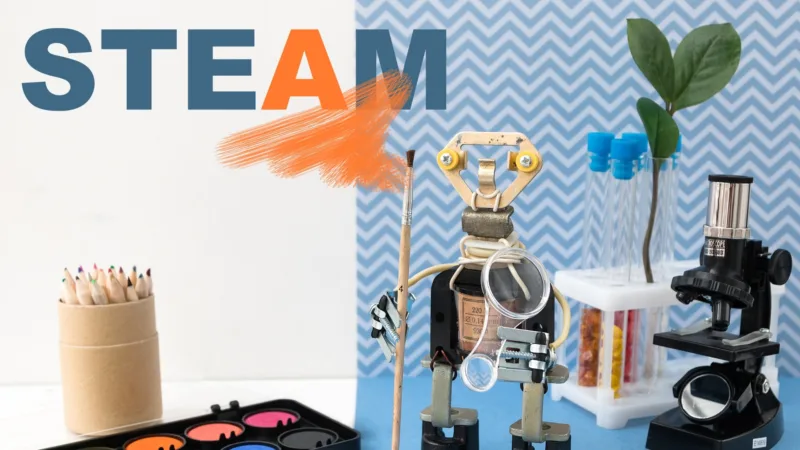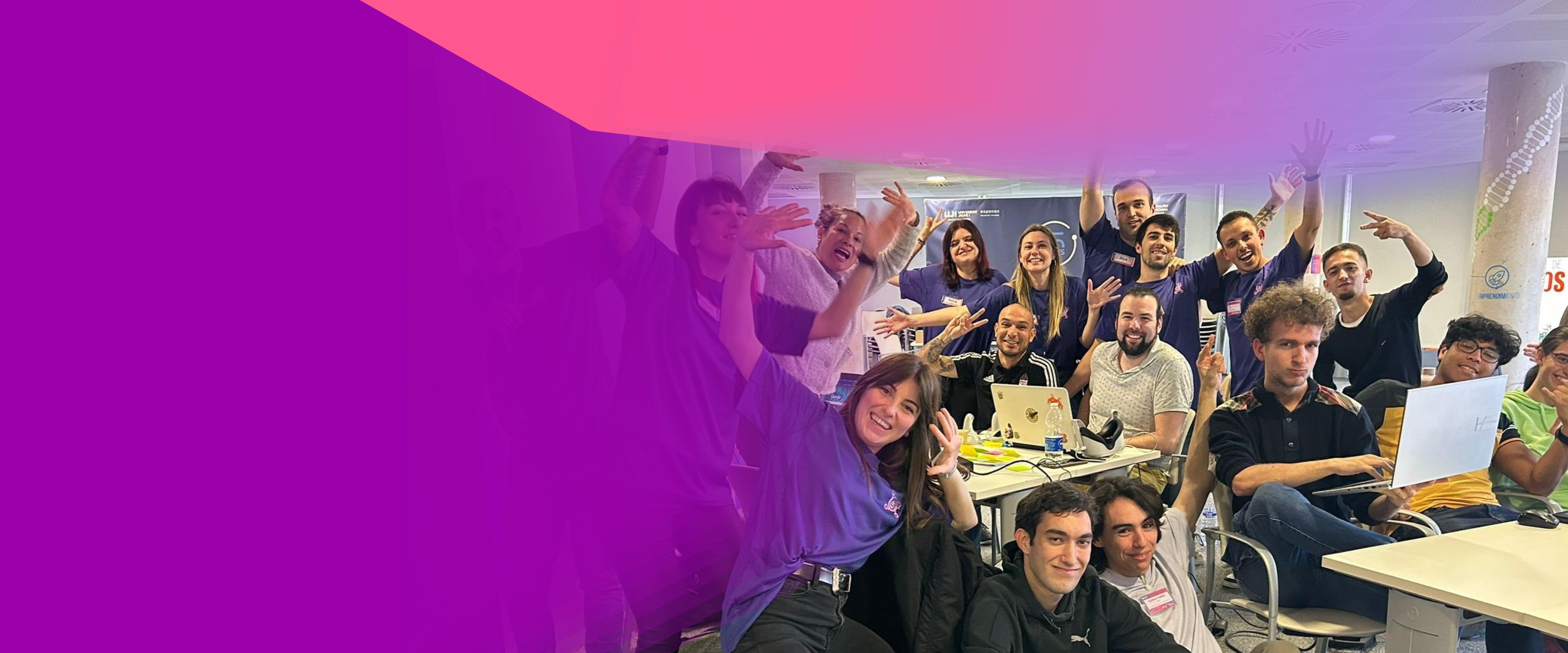Revolutionising STEAM Education with Emerging Technologies
Emerging technologies are seen as powerful tools to revolutionise learning, engage students, and equip them for the future. The integration of STEAM (Science, Technology, Engineering, Arts, and Mathematics) education creates a holistic learning experience, breaking down traditional subject barriers. These technologies provide platforms for learning, particularly in coding and robotics, enabling the rehearsal of science, math, and tech skills. Importantly, the "A" in STEAM emphasizes the arts' role in making technology tangible, fostering creative expression, and solving problems. While some schools have successfully applied similar methods, the potential of emerging technologies remains largely untapped. Implementation into curricula necessitates careful consideration, along with increased awareness among teachers and school management. Ethical guidelines and policies are essential for safe and responsible technology utilisation. Ultimately, the integration of emerging technologies holds the key to enhancing students' and educators' technological literacy, inspiring exploration and creativity.
Questions?
britpold@tlu.ee
Who can join?
10 - 12 NOV 2023
Register by 01 NOVOnline
from EstoniaAI and Emerging Technologies for Education
Challenge and goals
STEAM's integrative approach also highlights connections between different scientific domains. By leveraging technologies like AR, VR, AI, and IoT, educators can transcend subject boundaries, promoting interactive learning experiences. Real-world data collection, interactive textbooks, and collaborative online tools enrich education further. Cross-disciplinary projects challenge students, fostering innovation and keeping their human capacities—social, emotional, and artistic—in focus. We invite participants to co-create concepts and prototypes of blended learning items and protocols that can be used to enhance STEAM curriculum and lessons at school. These could take the shape of interactive tools, and creating ideas that make use of existing solutions, gamification, AR, and so on.
Expectations and requirements for the solutions and participants
The ideas, protocols, tools and concept notes can be generated online, will be shared and can be processed into products and artefacts in the future. We analyse the results based on pedagogical practises, accessibility, appeal and production potential.
Available Support
Facilitator to support throughout the process. Mentors from the subject matter such as science learning, digital education, and product design. Background materials on the subject matter.
Schedule
*Will be streamed on YouTube HERE
-
Friday, November 10, 2023
15:45 - 16:00 Online welcome, program walkthrough (both online hackathons)
16:00 - 16:10* Welcome to EdTech HACK!
16:10 - 16:30* Inspirational Speeches by Ministry of Education and Research Area of Learning Pathways Chief Expert Aivar Hiio and Tallinn University Manager of Business Cooperation and Knowledge Transfer Aija Sakova
16:30 - 18:00* 1-minute Idea Presentations
18:00 - 18:15 Online teams Q&A (each online hackathon)
18:15 - 19:00 Online Dinner (both online hackathons)
19:00 - 19:30* Inspirational presentation by TalTech Dean - Dean's Office at School of Information Technologies Gert Jervan “AI and the future of education”
19:30 - Let’s start hacking! -
Saturday, November 11, 2023
09:00 - 09:30 Online check-in breakfast (both online hackathons)
10:15 - 11:00 Workshop 1 - Business Model Workshop by Estonian Business School Junior Research Fellow Hira Wajahat Malik
11:15 - 12:00 Workshop 2- Pitch Training by Gleb Maltsev
13:00 - 14:30 Lunch (offline)
15:00 - 18:00 Checkpoint I with mentors and experts
18:00 - 18:30 Online dinner (both online hackathons)
19:30 - 22:30 Checkpoint II with mentors and experts -
Sunday, November 12, 2023
09:00 - 09:30 Online check-in breakfast (each online hackathon)
10:15 - 11:00 Workshop 3 Pitch Training by Gleb Maltsev
11:00 – 13:00 Checkpoint with mentors III (focus on pitching)
13:00 - 14:00 Lunch offline
14:00 - 17:00* 3-minute Pitching to Jury + 3 min Q&A
17:00 - 17:30 Coffee break/Jury selects winners
17:30 - 18:30* Announcement of the winners and award ceremony
